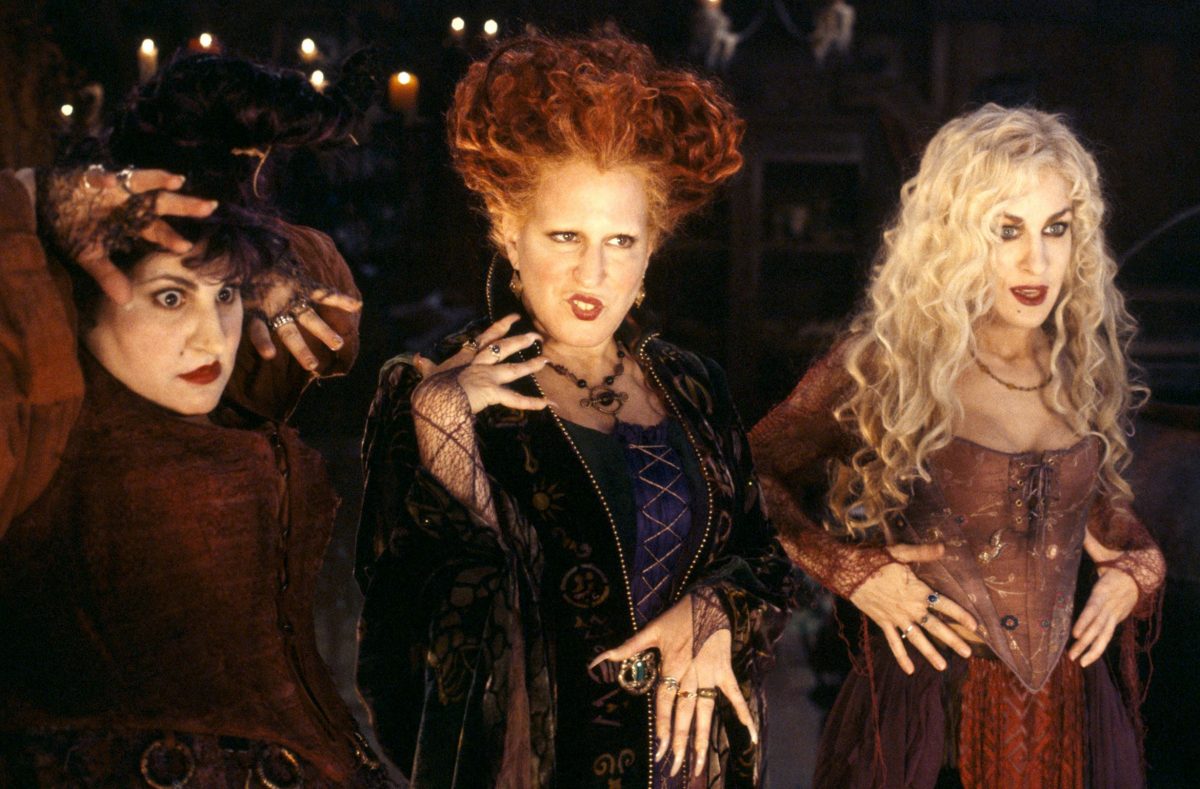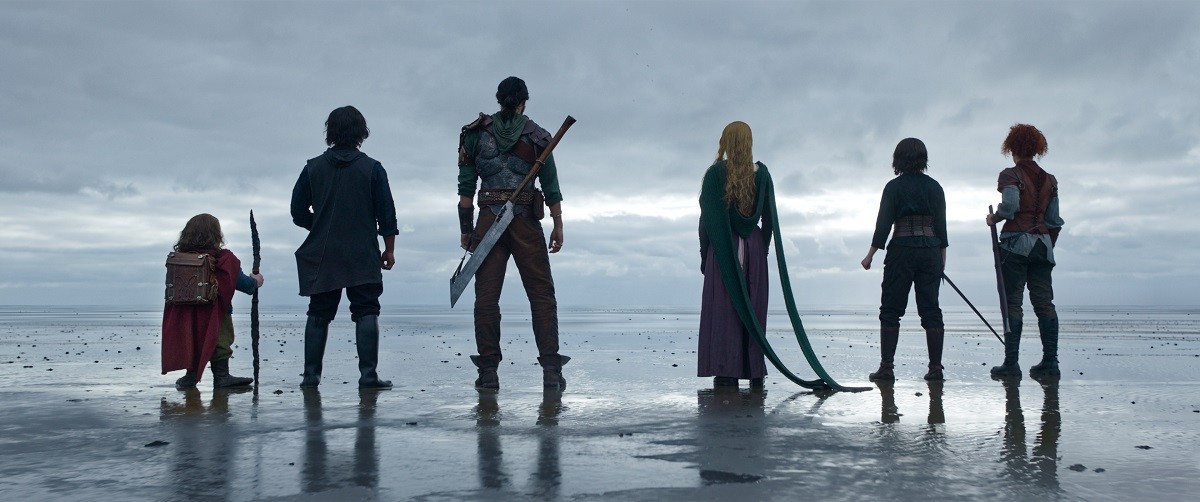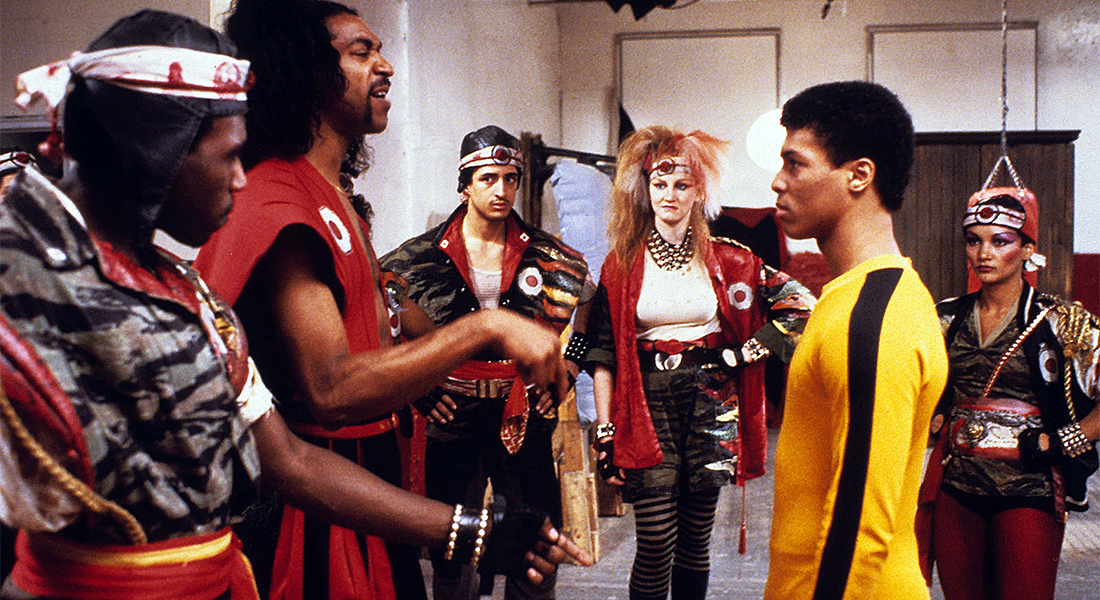Thanks to studios removing titles from streaming services, we’re staring down the death of cult classic media, which will impact far more than just accessibility.
With the Fourth of July behind us, Halloween looms on the horizon. For many, that means it’s about time to bust out the classic film Hocus Pocus. In the last couple decades, the film has become a tradition for a number of households as they prepare for the spooky season; passing it down to the next generation in the process.
It’s become such a holiday staple, it’s tough to remember the film was originally considered a big ‘ol flop. It debuted in fourth place at the box office when it first released and by its second weekend was already out of the top ten. It fared worse critically as even Siskel and Ebert panned the film at launch.

It was a stinker.
And yet, Hocus Pocus found life in secondary audiences, eventually reaching the point where it’s impossible to imagine the Fall holiday without it. Hocus Pocus is the very definition of a “cult classic” film, which means it’s also a pretty good example of the type of film Disney would “disappear” for tax write-offs and saving on residuals.

The past several months have been filled with a troubling trend from a number of studios as the Streaming service “bubble” seems to have popped. Last year, David Zaslav came into Warner Bros. Discovery and began removing shows/movies from HBO Max (even those with an existing fanbase). It was a decision loudly, and collectively, decried by audiences, journalists, and creatives. This year, however, more studios followed suit.
In May, following a poor earnings report, Disney began culling their streaming service by removing numerous original titles. These included a number of recent projects, including The Mighty Ducks: Game Changers, Diary of a Future President, and Willow. Considering Willow had released within just the last six months, people were understandably shocked.
Paramount joined in shortly after by removing original movies and shows like Inside Amy Schumer, Snow Day, and Star Trek: Prodigy. The Grease prequel series, Rise of the Pink Ladies, also fell victim to the culling despite having aired its finale less than a month before being pulled AND now being nominated for two Emmy’s!

Just the other week, Disney removed more titles including the original film, Crater, which existed on the Disney+ for a grand total of seven weeks. The kid-focused Sci-Fi tale had tons of heart and charm that would certainly delight families willing to give it a chance…But now, it’s as if it never existed.
Let’s be clear, this is absolutely not the same as ‘The Vault’ concept. The notion that sealing something away and limiting access suddenly imbues it with more value. That’s certainly the idea studios have encouraged as they cultivated an air of mystique surrounding the Vault and making subsequent “openings” into events. This has been a frequent refrain/defense of these decisions by a number of people online, including creators like Jon Kasdan.
The reality is the Vault concept has always been an exceedingly predatory one. In my experience the only people who feel genuine nostalgia for it are those who never needed to worry about access to those things…
But I digress.

The point is, those comparisons are disingenuous at best. The only way the current situation would be analogous to the Vault is if, every time Disney “Vaulted” a movie, they also went to your house and destroyed the copies you currently owned.
What studios are doing now, goes beyond vaulting. For streamers like Disney+, who notoriously refuse to offer physical media options on their originals, it’s a complete removal from the public eye and awareness. In the case of HBO Max, some animated shows (e.g. Infinity Train) had any and all mentions of them erased from websites and social media. As such, even with physical copies of some seasons being available, newer audiences might not even know to look for them.
Beyond being a slap in the face to creators, it virtually ensures such titles will never find a secondary audience. Chances are, you didn’t even know some of these shows/movies existed until you heard they were gone! This, in itself, feels antithetical to the whole idea of streaming services.
![]()
In the earliest days of streaming (when Netflix was about the only option), discovering random movies and shows you’d never heard of was a primary highlight. Uncovering hidden gems was a large part of the fun and numerous titles found a resurgence with new viewers.
Disappearing shows/movies is a clear case of short-term gain, with long-term consequences. The reasons are clear (money), and in a business setting, a better bottom line is all that matters on paper. Quantifying the impact this will have on the larger creative industry and overall culture is much more difficult. Make no mistake, however, the death of cult classic media will absolutely be felt.
As history has shown, the overall impact of a movie/show isn’t solely in the money it makes or the reach it has initially. Sometimes, the influence isn’t made clear until years later when it’s rediscovered by a new generation. It’s a Wonderful Life was a massive bomb at the box office in the 40s. It wasn’t until it entered the Public Domain decades later (when TV studios could air it constantly for cheap) that it achieved legendary status.

We must also take into account the effect these cult films can have on other creators. John Carpenter’s The Thing failed to connect with audiences when it first hit, but directors JJ Abrams, Guillermo del Toro, and Quentin Tarantino (just to name a few) have openly discussed the film’s influence on their own work. Hideo Kojima’s iconic Metal Gear Solid games are heavily influenced by Escape to New York, so we’re looking at an impact extending into all creative mediums.
Not to mention the number of working directors today—considered heavy hitters—who found success thanks to their early films attaining cult status. Christopher Nolan’s Memento immediately springs to mind, along with Kevin Smith’s Clerks, and even Quentin Tarantion’s Reservoir Dogs. Sam Raimi’s The Evil Dead (the ultimate example of campy B-movies) has gone on to great success with a reboot, successful TV series, and even a new entry launched just this year (to much success).
There’s a long body of work from well known/popular storytellers that might not exist if not for cult classics. This is a much harder concept to convey, however. Without direct correlations and numbers, too many executives fail to see the value in these “failures.”

Beyond alienating the current crop of filmmakers, the disappearing of these movies/shows could be robbing ourselves—and future generations—of great stories. This is the real loss we’re facing down in the potential death of cult films, but one not being brought up enough.
While there are no easy solutions for those of us on this side of the decisions, it feels important to not grow permissive of the trend. Making excuses for such decisions won’t help in the long run, nor will reminders of “that’s how it used to be.” It’s a terrible practice that deserves to keep being called out.















